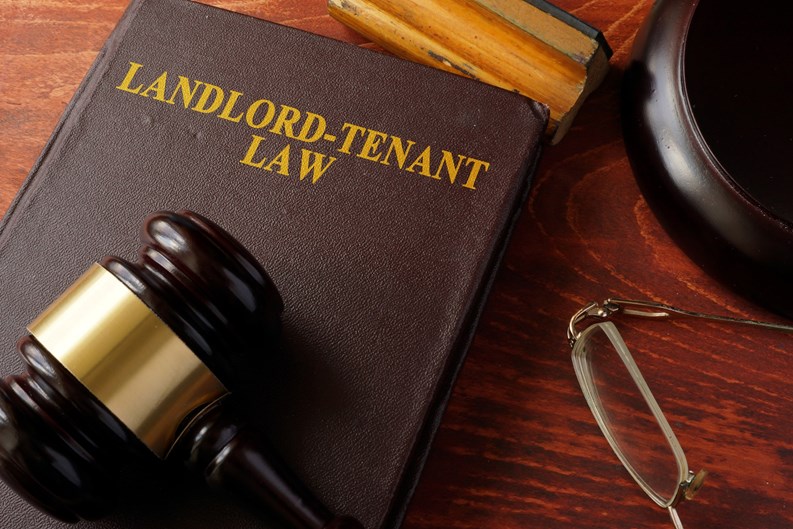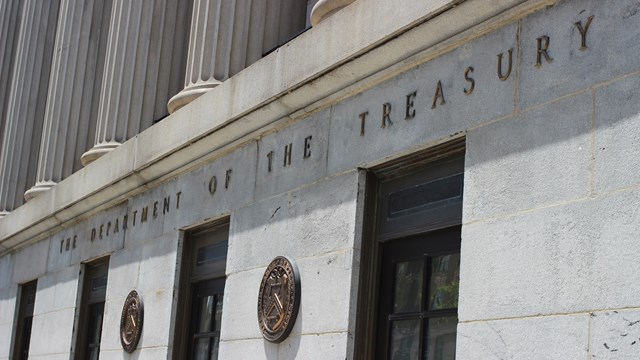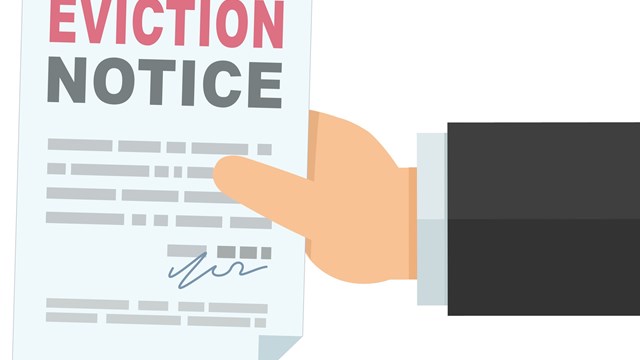Co-op shareholders, board members, and their support professionals are breathing a collective sigh of relief this week as the New York State legislature passed a bill exempting co-ops from certain provisions of the Housing Stability and Tenant Protection Act of 2019 (HSTPA).
The HSTPA provides protections to rental tenants by limiting the monetary and legal actions landlords can take against them in certain circumstances. Geoffrey Mazel, a co-op and condo attorney with Hankin Mazel in New York and legal advisor to the Presidents Co-op & Condo Council (PCCC), which represents thousands of cooperative units in Queens and elsewhere, explains that co-ops were inadvertently included in the legislation by virtue of the language used in it.
According to Mazel, like rental buildings, co-ops provide housing under leasehold agreements—but unlike rentals, cooperatives are owned and operated by their tenant-shareholders and do not make a profit. Because of this unique ownership structure, certain provisions of the HSTPA would actually harm the tenants of co-ops rather than protect them.
Mazel explains: “When HSTPA came out this time two years ago, I sat down and read it, and realized the effects this would have on co-ops. There was a lot of opposition. … Co-ops aren’t owned by an individual to make money; they’re owned, well, cooperatively. [The PCCC and I] took this up with Senator John Liu, and both he and [Assemblymember] Edward Braunstein didn’t realize that co-ops were not carved out. So it became a priority of ours, and even though it took a while with COVID last year and [the backlog it produced this year] I’m happy to say that it was smooth sailing in the Assembly, with unanimous passage. The Senate was a little bit harder, but it passed.”
Among the protections that the new legislation affords co-ops, says Mazel, is the ability to hold money in escrow—to provide housing to a financially marginal prospective shareholder, for example—as well as the prerogative to obtain legal and late fees from shareholders and to adjudicate both in one court. One compromise in the bill, notes Mazel, is the limit on late fees: a co-op can now charge a maximum of 8% of the arrearages. Landlords, per the HSTPA, may only collect $50, or 5% of what is owed - whichever is less.
Legislators Announce Bill’s Passage
Senator Liu and Assemblyman Braunstein, joined by Senator Toby Ann Stavistky (D - Queens) along with Mazel and the co-presidents of the PCCC, held a press conference on Tuesday, June 15 in Bay Terrace, Queens to announce the legislation’s passage.
“This legislation finally makes clear that tenant-shareholders in cooperatives are not subject to certain provisions of the Housing Stability and Tenant Protection Act,” said Liu. “Our community in northeast Queens has a large concentration of affordable cooperative housing, and this bill will ensure this form of homeownership remains within reach. Co-ops will no longer need to fear unintended consequences of the HSTPA, and those tenants in traditional landlord-tenant relationships can rest assured that the HSTPA reforms meant for renters remain fully in effect.”
“The Housing Stability and Tenant Protection Act inadvertently captured cooperatives, which caused unintended consequences for co-op boards and shareholders in New York City," added Braunstein. “This legislation properly takes into account the unique relationship that co-op boards and corporations have with their shareholders, which is vastly different from the typical landlord-tenant relationship. Exempting cooperatives from these provisions will shield co-op owners from bearing the burden when fellow shareholders fail to meet their financial obligations."
Stavisky added that “The Housing Stability and Tenant Protection Act of 2019 was a major victory in protecting the rights of tenants. But while working well to shield tenants from dishonest landlords, the legislation inadvertently included co-ops, and serves as an example of unintended consequences. The clarifying language in this bill will correct these issues. I applaud my colleagues in both the Senate and Assembly for their support.”
Warren Schreiber, co-president of the PCCC said that “The passage of this legislation makes it possible for co-ops, one of New York City's last bastions of affordable middle-class housing, to remain affordable. New Yorkers facing financial struggles will be able to continue to enjoy the independence that comes with homeownership. A big ‘thank you’ to our legislators for their lead on the passage of legislation protecting co-op shareholders.”
PCCC co-president Bob Friedrich, added, “The road to hell is paved with great intentions - and so was the original Housing Stability and Tenant Protection Act of 2019. Thankfully, the worst parts of this legislation have now been repealed. Probably the most onerous provision was the limit on security deposits to one month’s rent. This meant individuals seeking to move into a co-op who are retired, have limited income or borderline financials could not do so. An act meant to help them hurt them instead. With the new change in the law, an individual could put up a half or full year of maintenance in an escrow-security account giving the co-op confidence that future maintenance payments would be made and therefore be approved by the co-op. We are thankful that our legislators understand the plight of this vulnerable population and have helped them achieve quality of life living.”
“It is great to see the NYS Legislature correct the unintended consequences for co-ops in the Tenant Protection Act. The entire co-op community is grateful to Senator Liu and Assemblyman Braunstein for their leadership and hard work on this crucial issue. It is a great example of good government at work,” Mazel said at the conference.










Comments
Leave a Comment